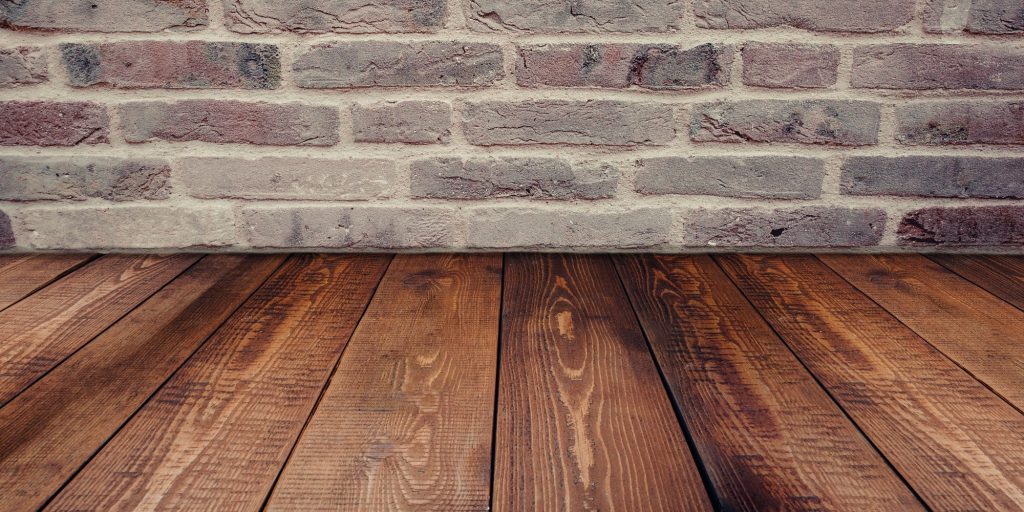With so many gorgeous hardwood options, it can be quite difficult to decide on a specific type of wood for your home’s flooring. When you get to know the characteristics of solid vs. engineered wood floors, you’ll be more able to make a choice you’ll love.
Solid vs Engineered Wood Floors
One of the first decisions you want to try to make is whether your floors should be solid or engineered wood. Both have their strengths and weaknesses. So, let’s get to it.
Solid wood floors
Solid hardwood is a timeless statement. Constructed from 100% wood, it’s loved by homeowners for its authenticity and durability. Solid hardwood comes in the hardest species of wood: oak, hickory, and maple.

Sweep and mop frequently to clear away dirt and debris.
Solid wood is a bit more temperamental and tends to fluctuate in various temperatures. This makes it most suitable for use in rooms that are above ground and less suitable for spaces with humidity or water use like laundry rooms or bathrooms.
While solid hardwood costs more than engineered wood, it’s an investment because of its ability to last for decades. It can stand up to a lot of wear and tear and can be refinished more easily. Solid wood floors can also be refinished more times because of the solid piece of wood.
Should hardwood be the right choice, you also need to think about site vs. pre-finished, but we’ll go over that another time. First, let’s look at the qualities of solid and engineered wood floors.
Engineered Wood
Engineered wood gives you more options to work with. You can find many of the same design options as solid wood, as well as designs that you can only get with engineered wood. You can find engineered wood in cherry, walnut, birch, oak, hickory, and maple.
Its construction makes it less temperamental than solid wood, which means it’s a perfect choice for areas that fluctuate in temperature, like basements.
You can’t sand and refinish engineered hardwood as many times as you can solid wood, so it may not quite have the same long-lasting durability as solid wood.
In Conclusion
Solid wood and engineered wood both have their advantages, and it comes down to knowing which is best for your needs.
When you’re choosing the type of wood for your home’s flooring, it’s important to make an educated decision. Our Wood Floors 101 course will give you all the wood floor education you need to make a smart choice.

